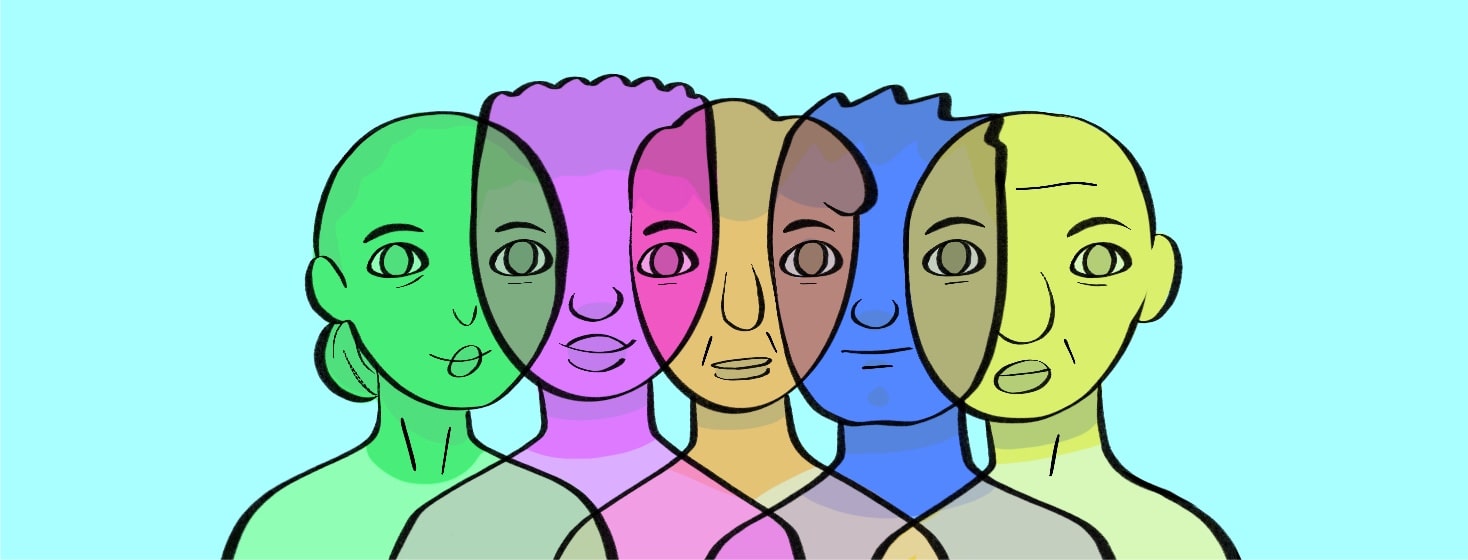You Are Not Alone
You are not alone.
This is the first thing to know about your AMD (age-related macular degeneration). You are one of 11 million men and women in the United States living with this disease of AMD.
I didn’t know anyone else with AMD when I was diagnosed and had my first injection. I didn’t even know what those 3 letters meant.
How do I know that you are not alone?
First, there is this newsletter, the people who read it, and those of us who write for it. We, and now you, form a worldwide network. We are learning about how to live with AMD, wet or dry. We are sharing experiences of living with AMD. We are prospering.
It is amazing how many little adjustments we can make to deal with low vision. Anyone with access to the Internet can take advantage of the information and support our network offers.
AMD is common
Second, there are the men and women I see each month when I receive my injection of a wonder drug that slows the development of “wet” AMD in my good eye. Given that I live in a region with a high proportion of residents over the age of 60, this should not be unusual.
AMD is the leading cause of vision loss for those over the age of 60. More people over 60, more retinal specialists to care for us.
The Beverlys
By the way, if you don’t believe that AMD is age-related, I have an anecdote for you. My first name of Beverly was common only in the 1930s and ‘40s. By the mid-1950s parents stopped picking it. I rarely encounter another “Beverly.”
At my latest visit to the retinal specialist there were 3 Beverlys in the waiting room and 2 of us shared the same middle name. I have never actually met anyone with my same first and middle names. When you get to be in your late 70s such things happen.
We can lean on others
Third, I know I am not alone because I have learned to reach out to others: friends, family, people younger than me and older than me, people who have no idea that I have little central vision in my left eye. I have learned to be comfortable talking about my vision loss.
Often this begins with asking for someone’s help. “Can you help me reading the fine print on this label,” I’ll ask the clerk at the grocery store. “Do you have a flashlight to help me read this menu?” I’ll ask the server at a dimly list restaurant.
Staying active and involved
I keep reading about how important it is for people over 60 to keep active and involved. I can just imagine how low vision can make someone withdraw from social activities, from dealing with the reality of dimly lit restaurants, hard-to-read programs, and all those other things that present a challenge.
That’s why I, a natural introvert, work hard at getting out and about. I may not be alone in having AMD but I don’t need to let my vision changes, make me live a lonely life. And, I won’t.
Editor's Note: As of August 2023, 2 drugs known as complement inhibitors — Syfovre® and Izervay™ — have been approved by the US Food and Drug Administration (FDA) to treat the advanced stage of dry age-related macular degeneration, or geographic atrophy (GA).

Join the conversation